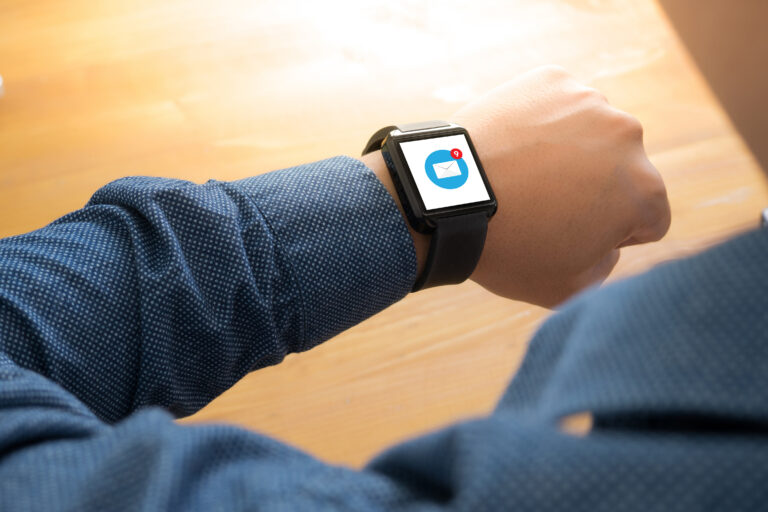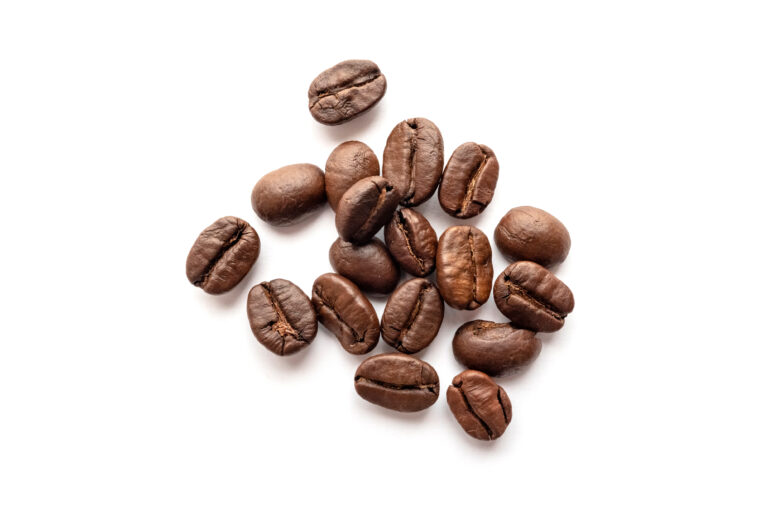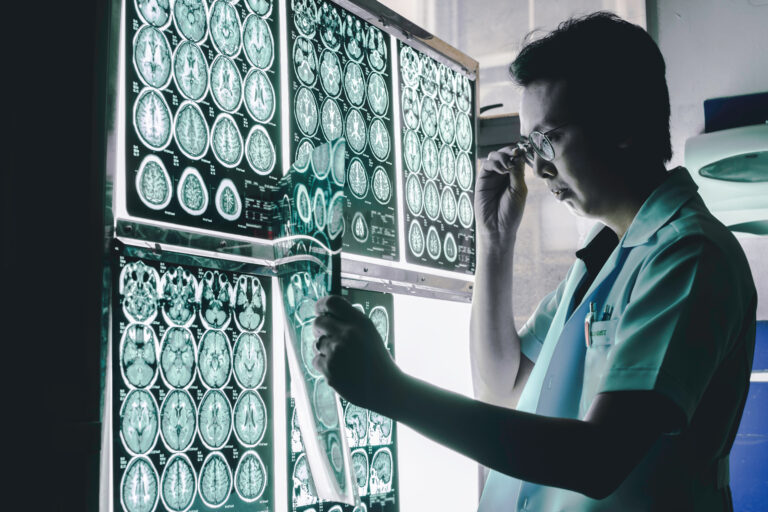MRI scans can indeed serve as a powerful motivator for lifestyle changes in high-risk seniors by providing tangible, personalized insights into their brain and body health that may otherwise remain abstract or unnoticed. When seniors see detailed images of their brain or other organs revealing early signs of aging, cognitive decline, or vascular issues, it can create a strong emotional and cognitive impact that encourages them to adopt healthier habits.
Magnetic Resonance Imaging (MRI) offers a window into the physical state of the brain and other tissues without invasive procedures. For seniors at high risk of cognitive decline, dementia, or other age-related conditions, MRI scans can reveal subtle changes such as brain atrophy, white matter lesions, or vascular abnormalities. These findings can be eye-opening, making the risks more concrete rather than theoretical. This concreteness often triggers a sense of urgency and personal relevance, which is crucial for motivating change.
Lifestyle changes that can be motivated by MRI findings include increased physical activity, improved diet, cognitive training, social engagement, and better management of cardiovascular risk factors like hypertension and diabetes. Physical exercise, especially resistance training and mind-body exercises like Tai Chi, has been shown to improve cognitive function and muscle strength in older adults. When seniors understand that their brain health is visibly affected, they may be more likely to commit to regular exercise routines, which in turn help maintain synaptic connections and delay cognitive decline.
Mental stimulation is another key lifestyle factor. Activities such as puzzles, learning new skills, or social interactions help keep the brain’s communication lines—synapses—strong. MRI scans that reveal early cognitive changes can encourage seniors to engage more actively in these mentally stimulating activities. Social engagement also plays a critical role by providing emotional support and cognitive challenges, both of which contribute to brain health.
Moreover, the use of digital and interactive technologies, such as exergames and motion-based gaming consoles, can enhance adherence to physical activity programs by making exercise more engaging and enjoyable. These technologies often incorporate gamification elements that increase motivation and emotional involvement, which are essential for sustaining lifestyle changes over time.
Another important aspect is the psychological impact of seeing one’s own health status visually represented. For many seniors, an MRI scan can transform abstract health advice into a personal narrative. Instead of hearing general recommendations, they see the direct consequences of their lifestyle choices or genetic predispositions. This personalized feedback can increase their perceived control over their health outcomes, making them more proactive in adopting healthier behaviors.
Early identification of cognitive decline through MRI also opens the door for timely interventions. When seniors and their families are aware of early changes, they can seek cognitive training or lifestyle modifications that have been shown to improve cognitive trajectories. This proactive approach can delay the progression of dementia and improve quality of life.
However, it is important to recognize that motivation alone is not always sufficient. Support systems, including family, healthcare providers, and community programs, are essential to help seniors translate motivation into sustained action. Programs that combine MRI feedback with structured lifestyle interventions, social support, and regular follow-ups tend to be more effective.
In summary, MRI scans provide a unique and compelling form of feedback that can motivate high-risk seniors to make meaningful lifestyle changes. By making invisible health risks visible, these scans help seniors understand the urgency and personal relevance of adopting healthier habits. When combined with supportive interventions and engaging activities, MRI-driven motivation can lead to improved physical, cognitive, and emotional well-being in older adults.





